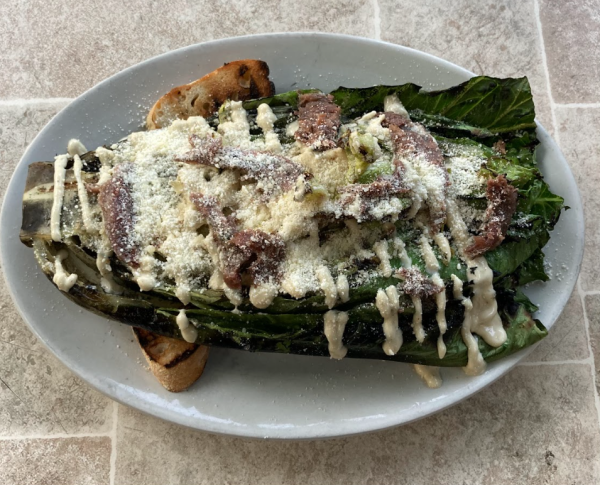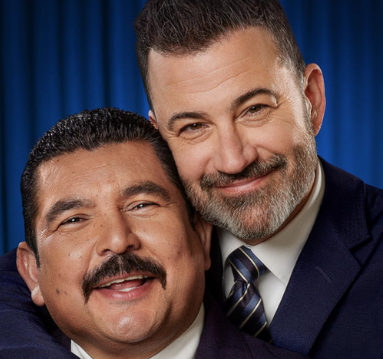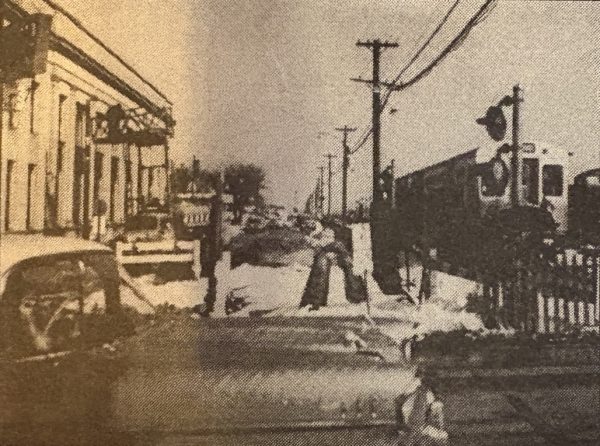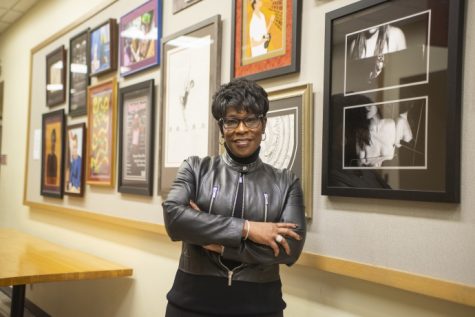HAAS TAKE: This, too, might not pass, and it doesn’t have to
“Keep calm and carry on.” “Let it go.” “Pick your head up!”
The most common cliches regarding recovery, whether from addiction or a bad report card, all seem to carry the same ideas surrounding the process: it’s supposed to be easy and linear, now that the misfortune itself is over. The day after is the worst, the second is a little better, and so on – until, like a scab, the wound heals as if it’s fully gone. Life resumes as it did before.
Recently, a truth was unearthed in my family regarding an extremely painful event in my past. In the past few weeks, life as I know it has been turned upside down. I’ve begun processing a physical and emotional trauma I once wanted to believe I’d made a full convalescence from. Forced to confront this time period again, I saw this wasn’t the case.
Despite my previous notions, it wasn’t healthy or safe for me to grapple with my problems in secret, and I learned I didn’t have to. I’ve found solidarity in my family and friends as well as in institutions I once refused to turn to, even regarded with mistrust: my school support network, law enforcement authorities, various doctors at Rush Hospital, my pediatrician, and my therapist, to name a handful.
Throughout the stressful and re-traumatizing process of uncovering my experience as a survivor, I’ve received valuable lessons about establishing boundaries (as one officer described it, “drawing a line”), trusting my family’s love in me is unconditional, separating my worth from the way I was treated, and learning to become OK with “being” on days when I’m too tired or shaken to be the high-powered student and worker I usually am: I’m learning to accept sometimes, surviving is the greatest and most admirable feat of all.
The most unexpected truth I’ve been given, however, hasn’t come from the mouth of a doctor, a detective, or a counselor.
It’s one I’ve arrived at as I’ve observed the impact my past has on both me and my loved ones, causing our moods to change on a dime and certain days to feel unbearable, while others come with an eerie sense of ease: healing is never complete.
People seem to believe a “full recovery” entails a process of re-becoming a past version of yourself, when this couldn’t be further from the truth. Unlike someone who’s been cut – whose skin can heal to conceal evidence of all past damage – survivors carry for the rest of their lives a mental and emotional stain caused by the abuse they endured.
This isn’t a death sentence. It’s simply a fact: if someone drinks a little too much, they’ll throw up and get over the hangover in a day. However, if that someone’s drink was drugged, a sense of wariness lives in them every time they’re handed a cup. Remembering their past experience with drinking, they’ll likely never accept a beverage from a stranger again.
I won’t be the same after what I lived through. Neither will the people whose trust, self-efficacy, and perceptions of humanity have been fragmented as they try to understand, and empathize with, what I went through. This directly challenges a commonly-held belief regarding what it means to be a survivor, particularly common in the Western world, that to recover means to regress – to reinhabit a body and a demeanor whose identity doesn’t incorporate trauma.
The West is obsessed with “picking yourself and dusting yourself off” – a violent past can be brushed from our knees, like a grass stain – and immediately returning to being OK. Being productive, being the version of yourself everyone knows and is comfortable with, being a “good victim” by not serving as a reminder to the people around you that you have survived something they will never comprehend despite their best efforts: by not letting your pain be their discomfort. This perception of what it means to survive, to recover, to continue living with a traumatic life event, is demeaning to people like myself, whose histories comprise but have never defined our characters.
My history is a part of who I am. It is not all of me. I am a successful writer, a beloved relative, an accomplished athlete, a fierce idealist, a loyal friend, an aspiring first-time novelist, the girl who shows up to school in Heelys- and yes, I was a victim. And I suffered in isolation, I saved myself.
None of those identities overpower one another. They can coexist within me as I learn to heal from my past, and I can value them all despite the hardships through which some of them came. I can embrace them all, no matter how horrific their roots, because they culminate in something beautiful: me.
I was never defined by my abuse when I withstood it alone, and it shouldn’t eclipse any other part of me as it enters the light. However, claiming recovery means erasing all evidence of past trauma from my personality is an insult to my strength as a survivor.







